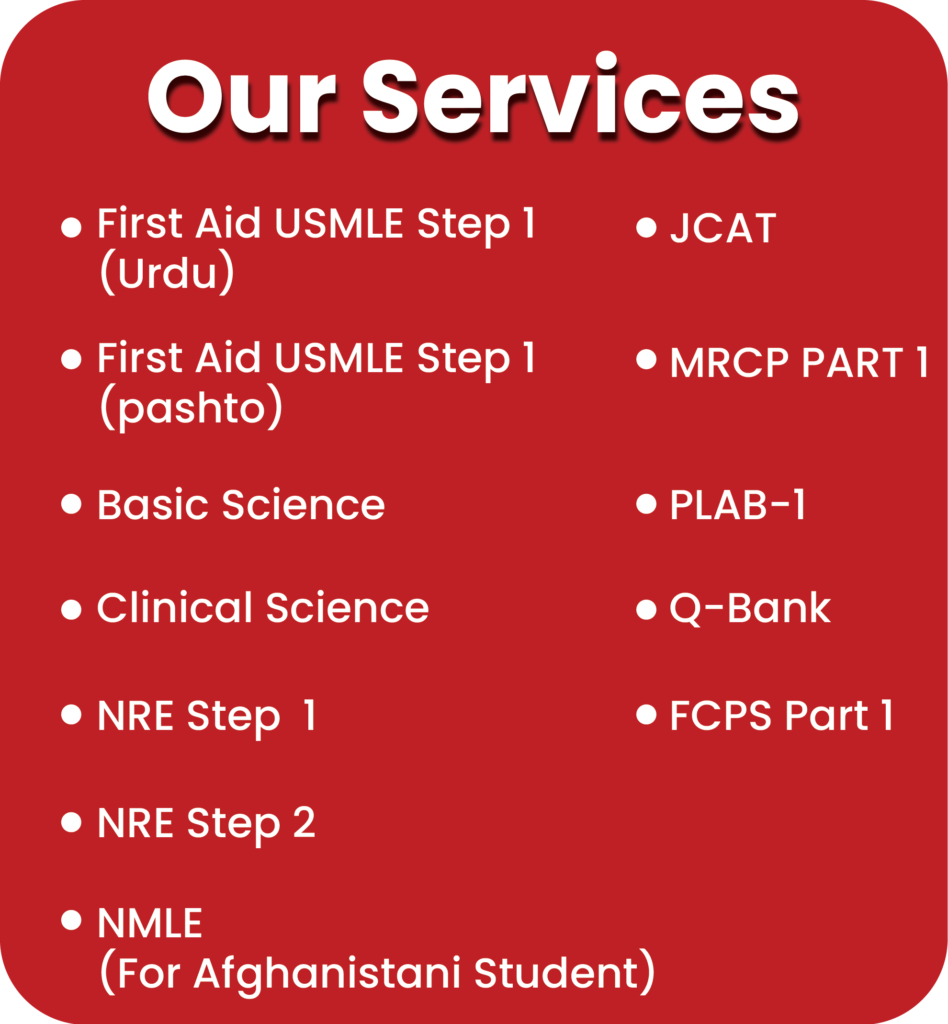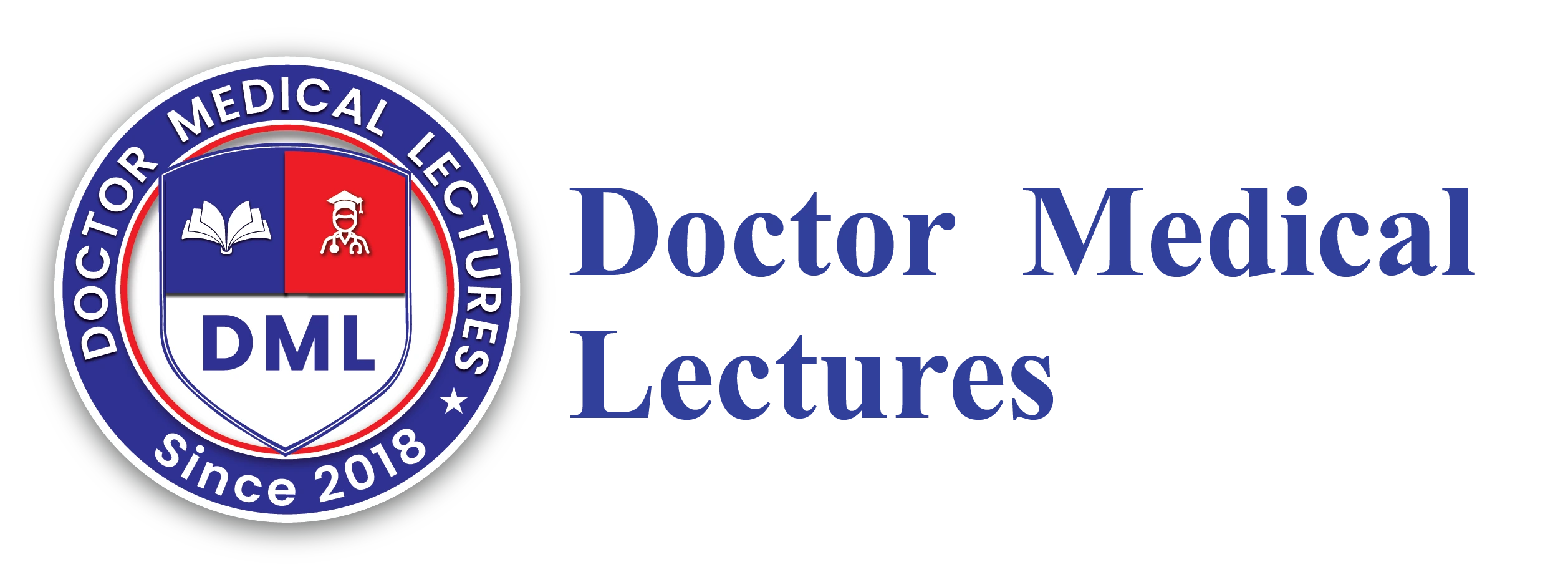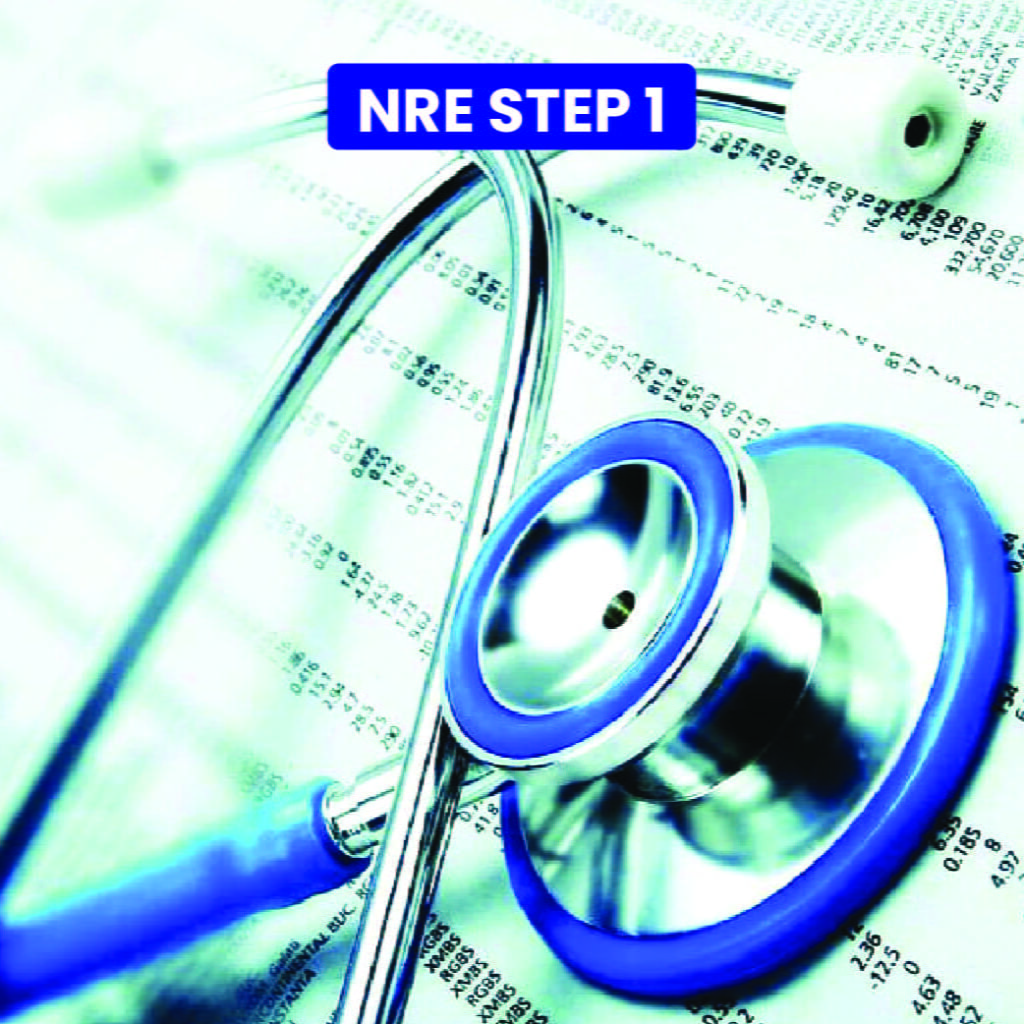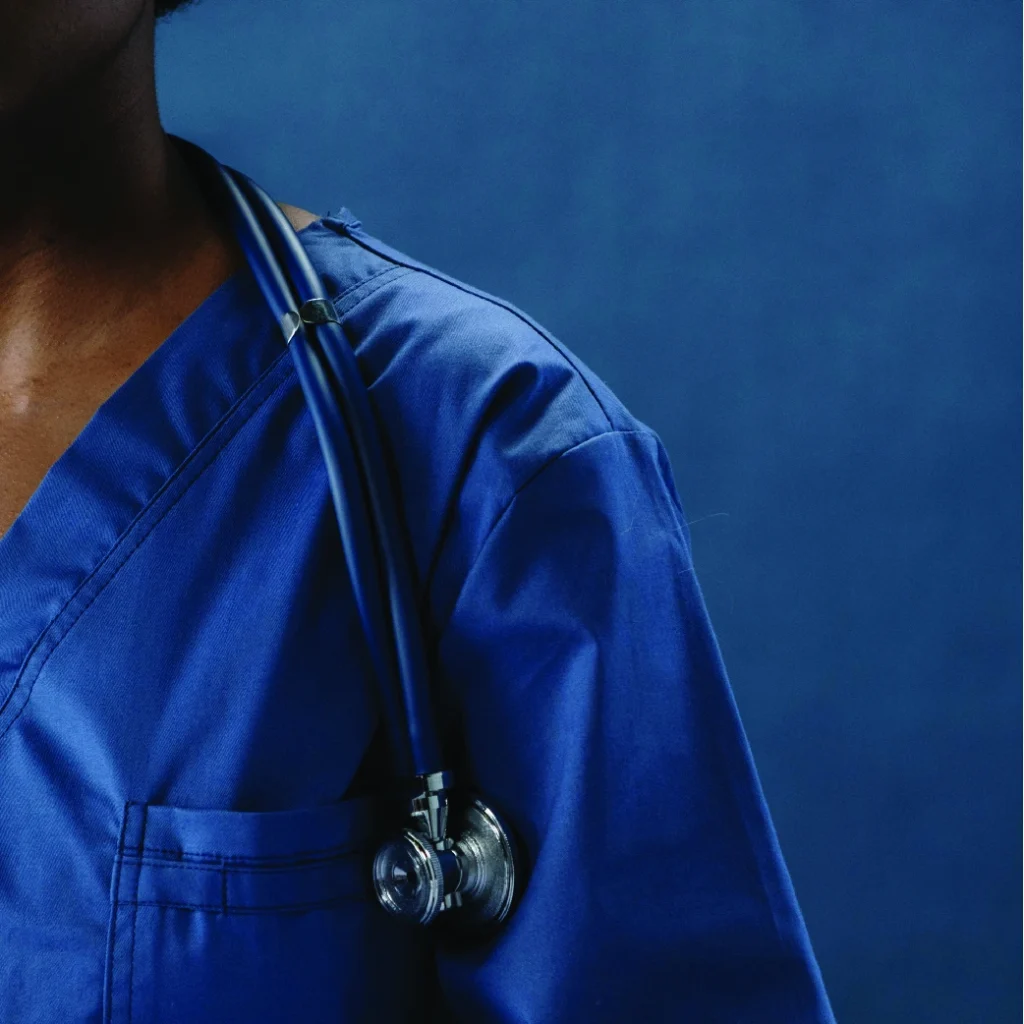

Clinical science bridges the gap between basic science research and practical healthcare applications, focusing on diagnosing, treating, and preventing diseases. Renowned resources like Linne & Ringsrud’s Clinical Laboratory Science and the Annals of Clinical and Laboratory Science provide essential knowledge for aspiring professionals. This field encompasses diverse areas, including clinical psychological science, laboratory diagnostics, and dental sciences, supported by resources such as the OSCE for Clinical Dental Sciences PDF. Advanced degrees, like a Doctorate in Clinical Laboratory Science or a Master’s, offer lucrative opportunities, with competitive salaries. Essential texts like Success in Clinical Laboratory Science 5th Edition PDF further prepare professionals for success in this ever-evolving domain.
what is clinical science?
- Clinical Science is the application of medical knowledge to diagnose, treat, and prevent diseases in real-world settings.
- It bridges basic science research vs clinical research, focusing on patient care and medical advancements.
- Key areas include:
- Clinical Laboratory Science: Diagnostic tests and lab procedures, detailed in resources like Linne & Ringsrud’s Clinical Laboratory Science.
- Clinical Psychological Science: Study of mental health and behavior in clinical settings.
- Dental Sciences: Practical skills covered in guides like OSCE for Clinical Dental Sciences PDF.
- Notable journals, such as the Annals of Clinical and Laboratory Science, highlight groundbreaking research.
- Advanced degrees, including Doctorate in Clinical Laboratory Science and Master’s programs, offer pathways to impactful careers with competitive salaries.
can a bs dermatological science open a clinic?
- In most countries, a BS in Dermatological Science alone does not qualify someone to open a clinic independently.
- A clinic usually requires a medical license, typically earned through completing an MD or equivalent medical degree and obtaining certification from a recognized medical board.
- Professionals with a BS in Dermatological Science may work in clinics under the supervision of licensed dermatologists.
- Country-specific regulations, such as those outlined by medical councils, determine the eligibility to open and operate a clinic.
- Advanced degrees or certifications may enhance career opportunities in dermatological and clinical sciences.
what is clinical laboratory sciences?
- Clinical Laboratory Sciences involves performing laboratory tests and procedures essential for diagnosing, treating, and preventing diseases.
- It integrates theory and practice, as outlined in resources like Linne & Ringsrud’s Clinical Laboratory Science.
- Areas of study include:
- Hematology: Analysis of blood diseases.
- Microbiology: Identification of pathogens.
- Immunology: Study of immune responses.
- Key reference materials, such as the Annals of Clinical and Laboratory Science, focus on research and advancements.
- Careers in this field can offer competitive earnings, such as those with a Doctorate in Clinical Laboratory Science Salary or a Masters in Clinical Laboratory Science Salary.
- The discipline emphasizes accuracy, innovation, and its vital role in patient care.
is clinical microbiology natural science?
- Clinical Microbiology is a branch of natural science that focuses on the study of microorganisms and their interactions with humans, particularly in relation to health and disease.
- It combines elements of biology, chemistry, and pathology to understand infectious agents.
- While rooted in natural sciences, its clinical application involves diagnostic testing, treatment guidance, and disease prevention.
- Basic Science Research vs Clinical Research highlights how clinical microbiology bridges theoretical and practical sciences.
- Its significance is evident in fields like clinical laboratory science and diagnostic medicine, making it both a scientific and applied discipline.


